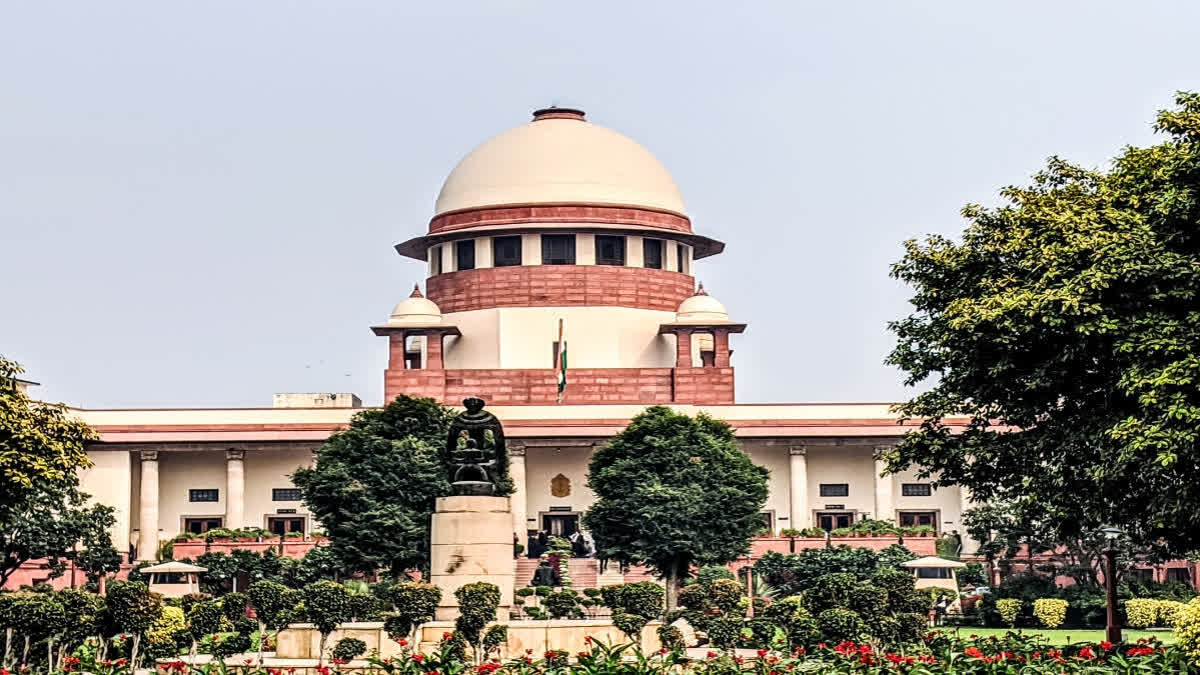New Delhi: The Supreme Court on Monday said that courts should not order an accused to share his Google PIN location with the authorities, as a condition for the grant of bail, as it would be virtually peeping into the privacy of the accused.
A bench comprising justices Abhay S Oka and Justice Ujjal Bhuyan passed the order on a plea where it examined whether a bail condition requiring an accused to drop a pin on Google maps for the investigating officer to access his location violates a person's right to privacy. The detailed order will be uploaded later in the day.
The apex court set aside a bail condition that required the accused to share their Google Maps location with the police and stressed that no court can impose bail conditions that frustrate the purpose of granting bail itself.
The apex court said there can't be a bail condition defeating the very objective of bail and also a condition cannot be imposed, which enables the police to constantly track the movement of the accused. Justice Oka, pronouncing the judgment, said, “we have said that no condition can be imposed that can virtually peep into the private life of accused….”.
The order gains significance against the backdrop of orders passed by various courts, which also includes different benches of the top court, have previously imposed the sharing of Google Maps pins as a bail condition.
The apex court passed the order on a plea against a Delhi high court order that granted bail to a Nigerian national, an accused in a case under the Narcotic Drugs and Psychotropic Substances (NDPS) Act.
During the hearing on the matter, the apex court noted that the condition of sharing of Google PIN may prima facie offend the privacy rights of the accused, as assured under Article 21 of the Constitution. The petitioner had moved the apex court against the Delhi High Court order.
In May 2022, the high court had put two stringent conditions – one, the accused shall drop a PIN on Google Map to ensure that their location is available to the investigation officer of the case. And, the second condition was that the high commission of Nigeria must place on record an assurance that the accused shall not leave the country and will appear before the trial court as and when required.



